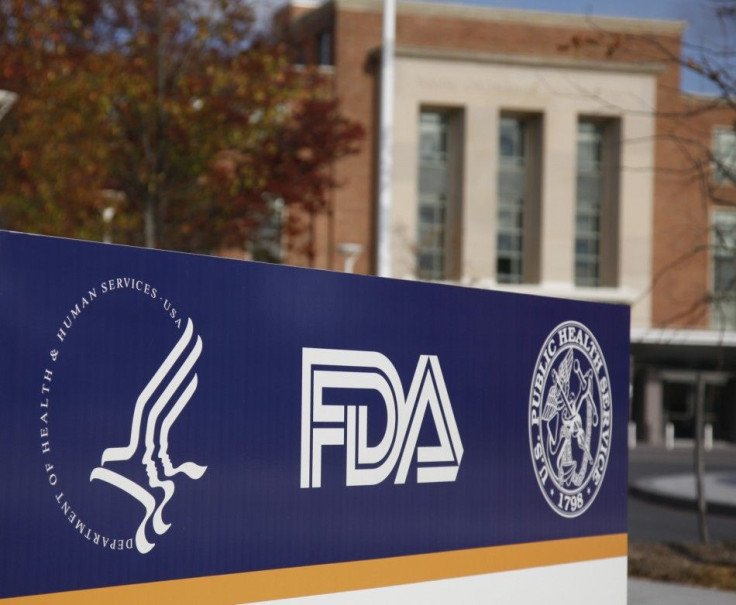FDA: Cancer Drug Avastin May Cause Ovarian Failure in Women

Treatment with the cancer drug Avastin might affect fertility in some women, the U.S. Food and Drug Administration said, the latest side effect that has been reported in connection with the medication.
Avastin may increase the risk of ovarian failure by causing ovaries to stop releasing eggs regularly, according to the FDA. The agency said the drug's warning label will now recommend that doctors tell women of child-bearing age about the risk before they begin treatment.
A study of 179 women with colon cancer who were all being treated with the chemotherapy regimen known as Folfox found that of the women who were also treated with Avastin -- about half-- 34 percent experienced ovarian failure. Meanwhile, only 2 percent of those who did not receive Avastin experienced the same side effect.
Ovarian function returned in about 20 percent of women after the Avastin treatment was stopped, but the FDA reports that the long-term effects of Avastin exposure on fertility is unknown.
Company Statement
In a statement, Genentech said the company takes patient safety very seriously and consistently reports new safety information about our medicines, collected through clinical trials and in the postmarketing setting, to the FDA.
Avastin has been approved to treat certain types of lung, brain, kidney, colon and breast cancers. However, Genentech, the drug's manufacturer, is currently fighting the FDA from revoking its approval of the medication's ability to treat metastatic breast cancer.
In June, a federal committee of cancer experts serving as an advisory committee to the FDA unanimously endorsed the agency's proposal to rescind approval of Avastin. The committee ruled that the drug did not help breast cancer patients -- based on studies that found Avastin only delayed tumor progression for 1 to 3 months and does not prolong or improve the quality of patients' lives -- and said it exposed women to potentially serious side effects such as high blood pressure, gastrointestinal perforations and hemorrhaging.
FDA Commissioner Dr. Margaret A. Hamburg has not made a final decision on the issue.
Blue Shield of California recently announced it will no longer pay for the use of Avastin to treat breast cancer. The company posted a note on its Web site saying reimbursements will end Oct. 17, although it also said exceptions may be considered on a case-by-case basis.
Last week, a spokesman for Blue Shield also said the insurer would continue to pay for the drug for women who already being treated with it.
© Copyright IBTimes 2024. All rights reserved.





















